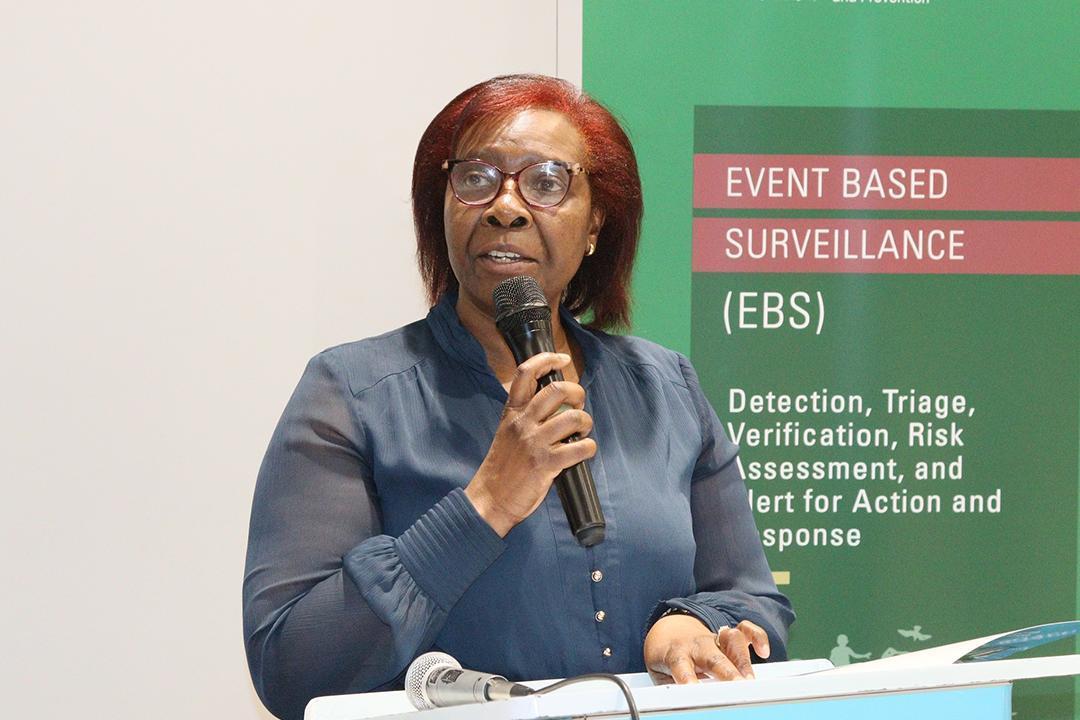Africa-Press – Eswatini. The World Health Organization (WHO) has commended the Government of Eswatini for prioritizing the health and safety of its citizens, following the official launch of the Event-Based Surveillance (EBS) Guidelines on September 5, 2025.
This milestone, celebrated as a bold step forward in public health, equips the country to detect and respond to health threats in real time.
Speaking at the event, Dr. Susan Tembo, WHO Representative, described the launch as more than a ceremonial occasion, calling it “a significant stride in strengthening Eswatini’s ability to detect, verify, and respond to public health threats before they escalate.”
Dr. Tembo highlighted that Event-Based Surveillance is a game-changer, allowing authorities to catch the earliest “whispers” of health risks — whether unusual symptoms in a rural community, social media posts, or reports from concerned citizens. She emphasized that timely information can mean the difference between containment and widespread crisis.
Pointing to recent disease outbreaks across Africa, including cholera, Mpox, polio, measles, anthrax, and Ebola alerts in neighboring countries, Dr. Tembo stressed that vigilance saves lives. “Every missed signal is a missed opportunity to act,” she said, praising Eswatini for integrating EBS into its national surveillance system.
The WHO representative also commended the Ministry of Health, Africa CDC, and all partners for their leadership, describing the guidelines as “a manifestation of commitment to protect every Liswati from harm.” She noted that WHO will continue supporting Eswatini through tools such as the Epidemic Intelligence from Open Sources (EIOS) platform, which scans global and local data daily to detect potential threats early.
By combining EBS and EIOS, Dr. Tembo said, Eswatini is building a robust, cross-sectoral health surveillance ecosystem that connects communities, health workers, journalists, and institutions to safeguard public health. She urged all stakeholders to view surveillance as a shared responsibility.
She concluded by saying: “With the launch of these guidelines, Eswatini is sending a powerful message: the health of its people is non-negotiable, and no signal, no matter how faint, will go unheard. WHO stands firmly beside you in this journey toward a safer, more resilient future.”
For More News And Analysis About Eswatini Follow Africa-Press







